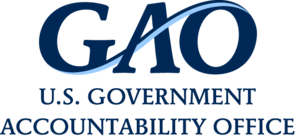When parents can’t care for their children, relatives often step in as caregivers.
To help these caregivers, states can access federal matching funds if they operate programs Health and Human Services determines to be evidence based. This requires states to evaluate programs to show positive impacts for families. But as of December 2022, no states have accessed these funds.
Officials from all 5 states we interviewed cited difficulties meeting and understanding HHS’s requirements. HHS is taking steps to help, such as updating its guidance. HHS officials said states may need more time, resources, and assistance to build evidence-based programs.
What GAO Found
Kinship navigator programs provide information to kin caregivers on programs and services to meet their needs and the needs of the children they are raising. The Department of Health and Human Services (HHS) and child welfare stakeholders identified program elements that they saw as particularly beneficial to families. These included providing services tailored to meet the unique needs of individual families and pairing caregivers with mentors with lived experience.
States have not yet accessed federal matching funds for evidence-based kinship navigator programs as of December 2022. HHS has approved three programs—one each in Ohio, Arizona, and Colorado—to qualify for these funds. Ohio officials said they were in the process of starting their program. Arizona and Colorado, whose programs were approved later in 2022, have not yet submitted documentation required by HHS to access the federal matching funds. States have used other federal funds—appropriated annually for kinship navigator programs—primarily to build programs and provide services to kin caregivers, according to reports submitted to HHS for fiscal years 2018 through 2020. For example, states reported efforts to build networks with service organizations and provide individualized support to families, such as case management. Fewer states used these funds to evaluate their program outcomes, which would be necessary if states wanted their program to be approved as evidence based.

